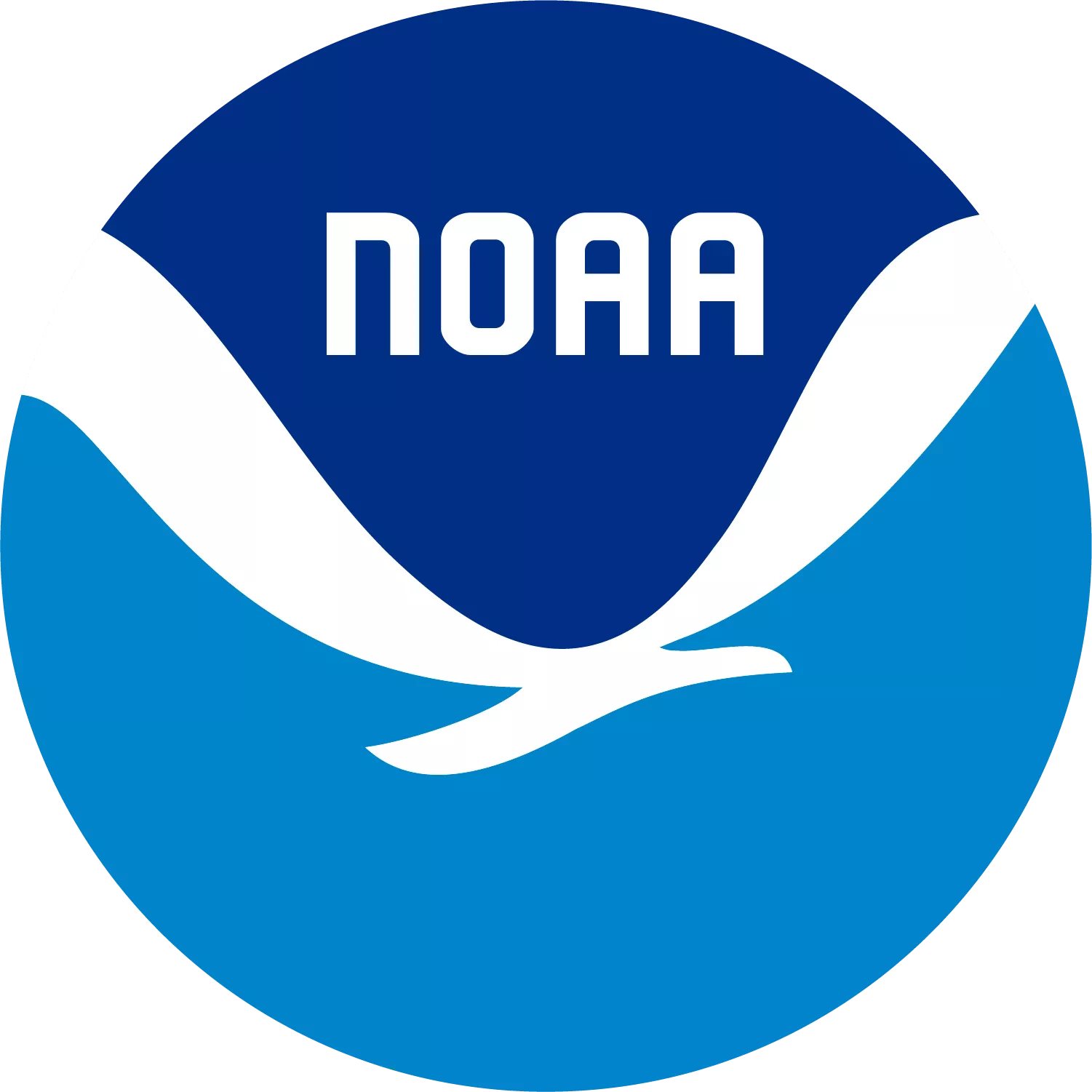
NOAA awarded a $1 million contract to Boulder Environmental Sciences and Technology, of Boulder, Colo., to explore and then deliver a report on potential measures to detect, identify, characterize and mitigate the corruption of radio frequency (RF) bands used for passive sensing by Earth observing satellites.
The Joint Venture Partnerships program, operated by NOAA’s National Environmental Satellite, Data, and Information Service (NESDIS), oversees the contract.
This is an important area of study, as RF emissions from various adjacent band sources, such as private sector satellites and advanced wireless services, can corrupt data from these RF sensitive Earth observing satellites used to produce weather forecasts and climate services. As RF bands become more congested, it is increasingly important to identify and, ultimately, mitigate corrupting data.
The report Boulder Environmental Science and Technology will deliver to NOAA is expected to provide detailed information on:
- Identification and characterization of emissions that interfere or corrupt within a passive band;
- Reduction of the impact from the interfering or corrupting emissions;
- Associated risks, processes and modifications needed to implement this capability on an international basis; and
- Processes and resources required to implement the mitigation approach.
As a Joint Venture Partnerships Broad Agency Announcement (BAA), this contract will explore the development of techniques for future applications, but is not an operational mission or associated with an operational mission. The scope of work supported by this BAA is exploratory in nature. NOAA currently has no plans to support an RFI detection or mitigation satellite mission at this time.
NOAA made the award March 5, following a down-select process that began with a Request for Proposals and included review and evaluation of proposals.